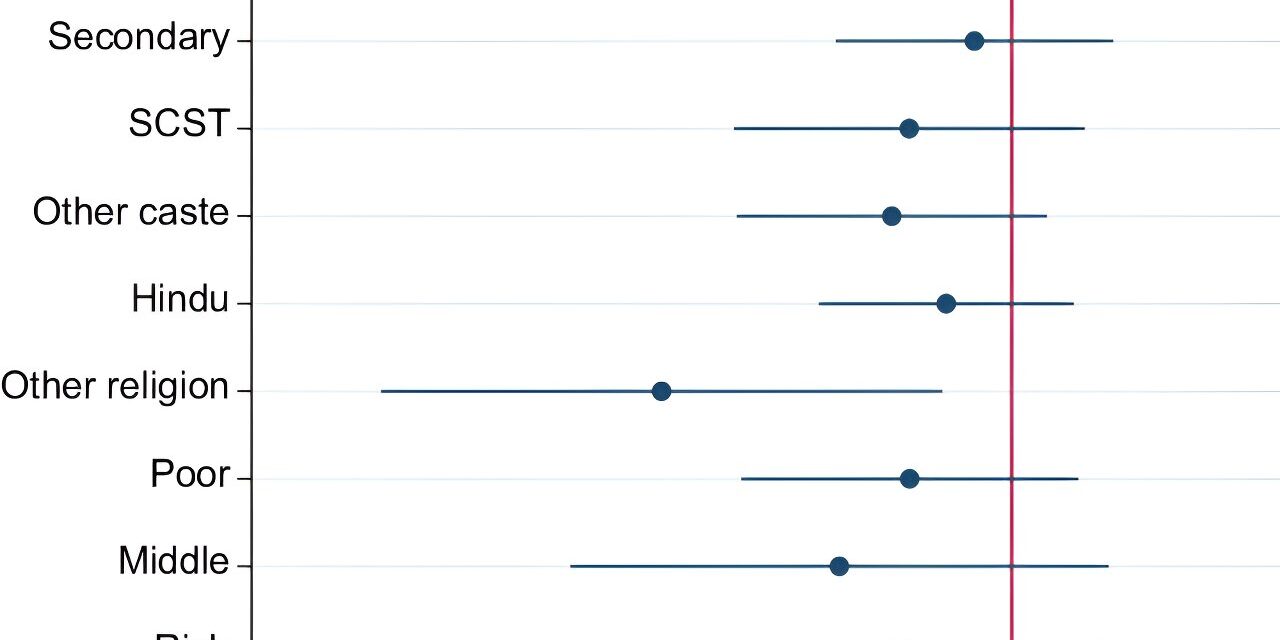Study Highlights Increased Risk of Low Birth Weight During COVID-19 Pandemic
Babies born during the COVID-19 pandemic in India were more likely to have a lower birth weight (LBW) compared to those born before the pandemic, according to a recent study conducted by researchers from the University of Hawaiʻi at Mānoa and the University of Notre Dame. The findings underscore significant implications for maternal and neonatal health in the context of global health crises.
The study, published in the journal Communications Medicine, reveals a notable increase in the prevalence of LBW among newborns during the pandemic period from April 2020 to April 2021. Analyzing data from 198,203 infants, including 11,851 born during the pandemic and 192,764 born before it, researchers found that LBW affected 20% of newborns during the pandemic compared to 17% before.
Potential Factors Contributing to LBW
Dr. Tim Halliday, UH Economic Research Organization research fellow and associate professor of economics at UH Mānoa, highlighted possible contributors to the increased LBW rates. “We suspect that the stress induced by the pandemic, coupled with reduced access to health services, likely played a significant role in the higher prevalence of LBW in India,” he stated. Additionally, direct impacts of the SARS-CoV-2 virus on pregnant women may have exacerbated these outcomes.
The study delved into demographic factors such as maternal education, household wealth, caste, and religion. While significant variations were observed based on religion, with non-Hindu infants experiencing a 35-gram decrease in birth weight during the pandemic, no substantial differences were found across maternal education, caste, or wealth groups.
Implications and Recommendations
The findings underscore the urgent need for targeted interventions to support maternal and neonatal health during future crises, particularly in low- and middle-income countries like India. Dr. Halliday emphasized, “Our research highlights the necessity for bolstered healthcare services to mitigate the adverse effects of pandemics on vulnerable populations.”
This study provides critical insights into the impact of the COVID-19 pandemic on birth outcomes, emphasizing the importance of proactive health measures to safeguard maternal and child health during global health emergencies.
Reference:
- Santosh Kumar et al, Effects of COVID-19 pandemic on low birth weight in a nationwide study in India, Communications Medicine (2024). DOI: 10.1038/s43856-024-00545-4
As the world continues to navigate the aftermath of the pandemic, studies like this serve as crucial tools for shaping future healthcare policies and interventions aimed at protecting maternal and neonatal health worldwide.












